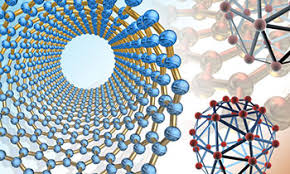Mechanical and Materials Engineering, Department of

Department of Mechanical and Materials Engineering: Faculty Publications
Document Type
Article
Date of this Version
2022
Citation
Published in Journal of Quantitative Spectroscopy & Radiative Transfer 291 (2022) 108325
doi:10.1016/j.jqsrt.2022.108325
Abstract
Tuning surface emissivity has been of great interest in thermal radiation applications, such as thermophotovoltaics and passive radiative cooling. As a low-cost and scalable technique for manufacturing surfaces with desired emissivities, femtosecond laser surface processing (FLSP) has recently drawn enormous attention. Despite the versatility offered by FLSP, there is a knowledge gap in accurately predicting the outcome emissivity prior to fabrication. In this work, we demonstrate the immense advantage of employing artificial intelligence (AI) techniques to predict the emissivity of complex surfaces. For this aim, we used FLSP to fabricate 116 different aluminum samples. A comprehensive dataset was established by collecting surface characteristics, laser operating parameters, and the measured emissivities for all samples. We demonstrate the successful application of AI in two distinct scenarios: (1) effective emissivity classification solely based on 3D surface morphology images, and (2) emissivity prediction based on surface characteristics and FLSP parameters. These findings open new pathways towards extended implementation of AI to predict various surface properties in functionalized samples or extract the required fabrication parameters via reverse engineering.
Included in
Mechanics of Materials Commons, Nanoscience and Nanotechnology Commons, Other Engineering Science and Materials Commons, Other Mechanical Engineering Commons


Comments
Copyright © 2022 Elsevier Ltd. Used by permission.